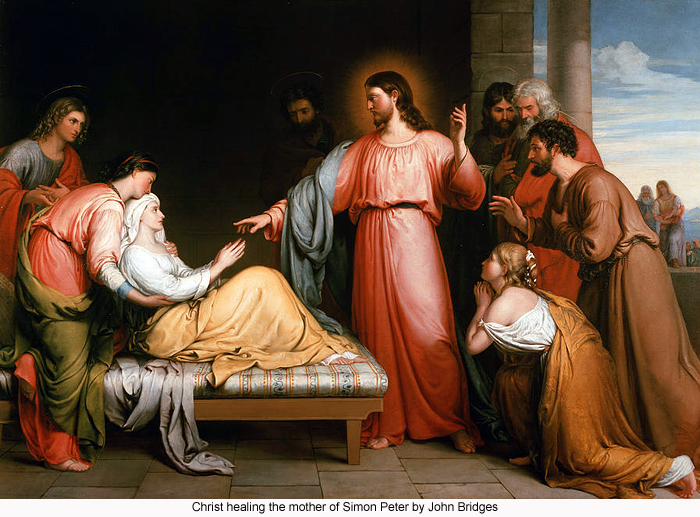/cdn.vox-cdn.com/uploads/chorus_image/image/56415683/840248942.0.jpg)
In the immortal words of James Taylor,
I’ve seen fire and I’ve seen rain. Well, I haven’t actually seen that much of fire. I once drove up the
coast of California from L.A. to Santa Barbara and saw wildfires at a distance
burning up the scrub brush. I’ve also lived in Wisconsin where tornadoes are
plentiful in the summer, and heard the sirens go off at 1 AM as the neighboring
town of Barneveld was blown off the map by a twister. My only actual disaster
experience was living through several pretty scary earthquakes in Southern
California. One did a good deal of damage to my home, but I managed to
escape—for the most part—unscathed.
But if I had to pick my
least favorite “Act of God” type of disaster, I’d have to go with a flood. I
once had a basement flooded by a bad rainstorm here in Philadelphia, and that
was enough for me. In a flood, everything gets ruined. When the water subsides,
all you have left is soggy, gooey mess. That’s followed by mold and mildew and
disgusting stench and potential infection and disease. Also, you can’t escape
from a flood. You can’t dive under a table like in an earthquake or head for
the basement like in a tornado. You just have to get to higher ground and hope
the water doesn’t rise too fast and help arrives in time.
Nobody is safe when the waters fall. They
fall on the good and bad alike. Even Oprah Winfrey sustained property damage
when the rains poured mud on her Montecito, CA home earlier this year. (And if Oprah isn’t safe, God help the rest of
us!)
Yet, somehow, I take a little comfort in
God’s wrath. Not that I wish harm on anyone, mind you. In fact, I’ve always
been disturbed by the violence in the Noah story in Genesis (Genesis 6-10).
It’s like God temporarily joined the NRA and thought that the answer to
violence was more violence.
Fortunately for us, God repents at the end of the story and promises never to
destroy us with a flood again—at least not everyone at once.
What comforts me is the reminder of God’s
awesome power. The flood story tells us again that we’re not the ones who drive
this bus. When the rain comes down and the river rises, it doesn’t matter how
rich, beautiful, important, or connected you are. It doesn’t matter what kind
of degree hangs on your wall or trophy sits on your shelf. Your age, ethnicity,
political affiliation, and religious denomination won’t be a differentiating factor.
As much as we think of ourselves, God will have the final say.
And that should put some stuff in perspective
for us. We better give a little bit of thought to the things we can control, because there’s a whole lot
that we can’t.
Of course, besides the death and destruction
aspect of the story, the other thing that gets me bothered about the tale of
Noah is the idea that God singled out this one guy and saved him and his family
when everyone else (and all the other critters, too) were drowned. Okay. The
Bible clearly says that Noah was righteous and everyone else was violent and
wicked. I guess they got what was coming to them, but it makes me wonder: If I
get saved from a flood and my neighbor doesn’t, does that mean I’m good and he sucks
in God’s eyes?
Maybe it’s better we just take the story
for what it is and not go there. I’ll just stick with the idea that I can’t
really control anything on this crazy rock. I’ll be thankful to God for the blessings
God bestows on me every day and for God’s shear awesomeness. And I’ll hunger and thirst after righteousness, too.
Not because I fear punishment, disaster, or retribution. But because I
experience my helplessness. I don’t know how much time I have here, and I don’t
want to waste any of it trying to out-God God.


